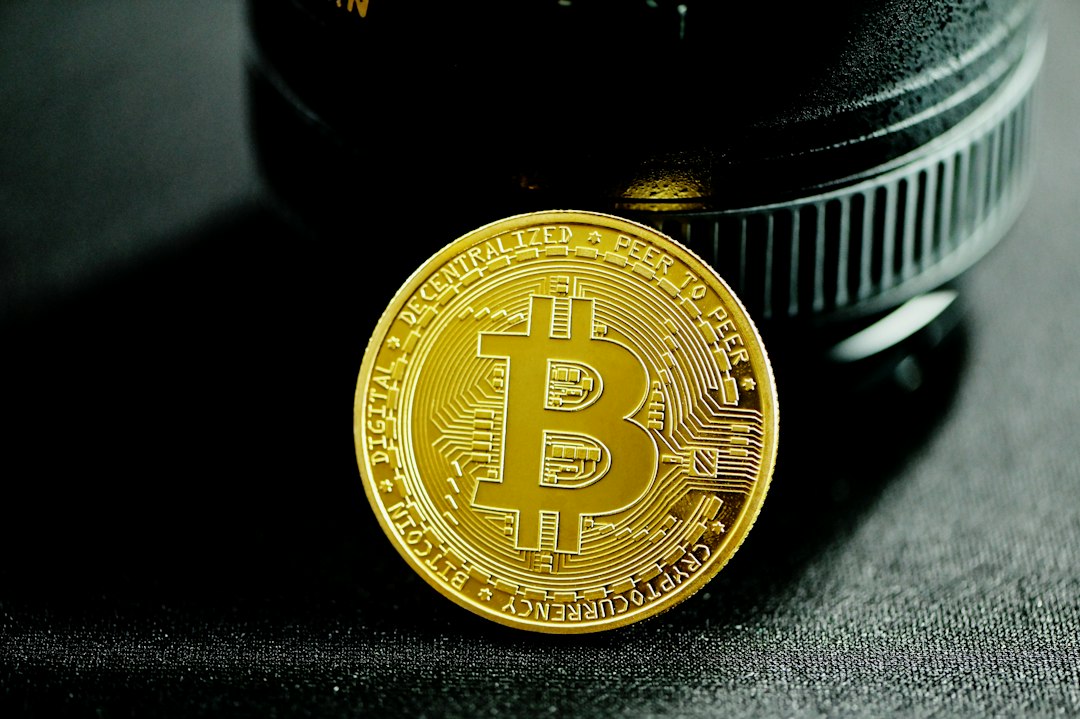Circle Partners with SBI Group to Boost USDC Adoption in Japan
Stablecoin issuer Circle has formed a partnership with Japanese financial services conglomerate SBI Group. The collaboration aims to increase the circulation and adoption of the USDC stablecoin in Japan, as well as promote the use of Circle’s Web3 Services in the country.
Japan’s Regulatory Approval for Stablecoins
The partnership comes after the Japanese government revised the Payment Services Act to establish regulations for stablecoins. These regulations allow for the issuance and circulation of “collateralized” stablecoins backed by legal tender. Circle emphasizes that USDC is backed by highly liquid cash and cash-equivalent assets.
SBI Group’s Adoption of Circle’s Web3 Services
As part of the partnership, SBI Group will also adopt Circle’s Web3 Services solutions, including Programmable Wallet, blockchain infrastructure, and smart contract management tools.
Circle’s Expansion Plans and Regulatory Compliance
The collaboration with SBI Group is an important milestone in Circle’s expansion plans in Japan and Asia Pacific. It also reflects Circle’s efforts to distance itself from regulatory crackdowns in the United States and expand globally. In June, Circle obtained a Major Payment Institution license from Singapore’s central bank.
Ecosystem Outlook: Circle vs Tether
Circle’s market share in the stablecoin industry has decreased over the past 18 months, while Tether dominates with a 68.5% share. The total stablecoin market cap is $129.5 billion, accounting for 8.7% of the total crypto market cap.
Hot Take: Circle and SBI Group Partnership Strengthens USDC Position in Japan
The partnership between Circle and SBI Group marks a significant step towards the increased adoption of USDC in Japan. With the regulatory approval for stablecoins and SBI Group’s adoption of Circle’s Web3 Services, this collaboration has the potential to drive the usage and circulation of USDC in the country. Circle’s expansion plans and focus on regulatory compliance position it for growth in the global stablecoin market. However, it faces tough competition from Tether, which currently dominates the industry.





 By
By
 By
By
 By
By
 By
By

 By
By